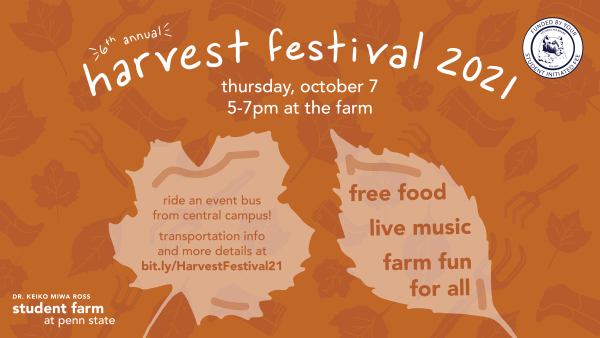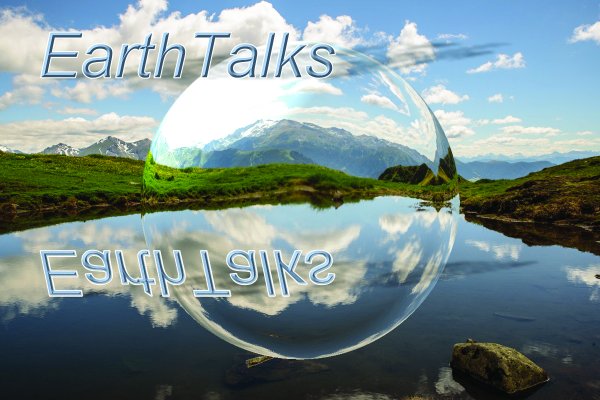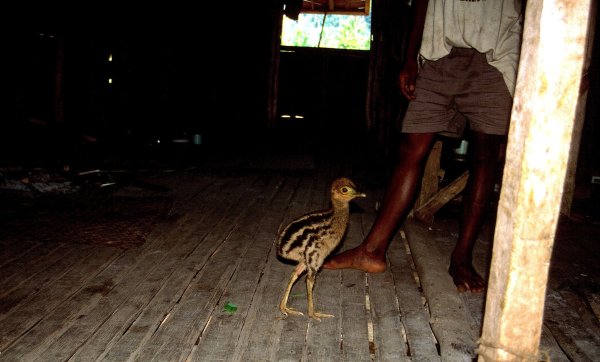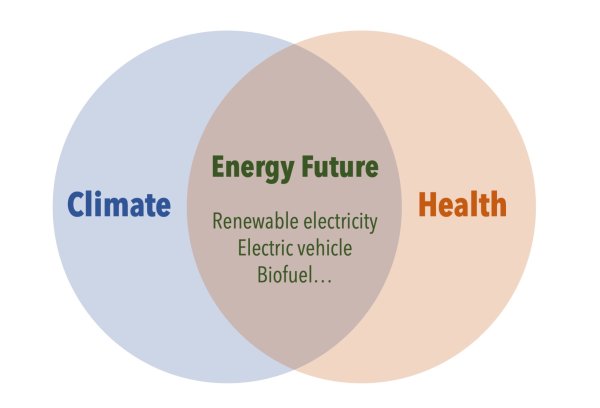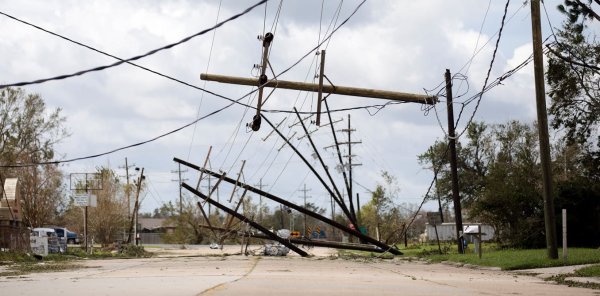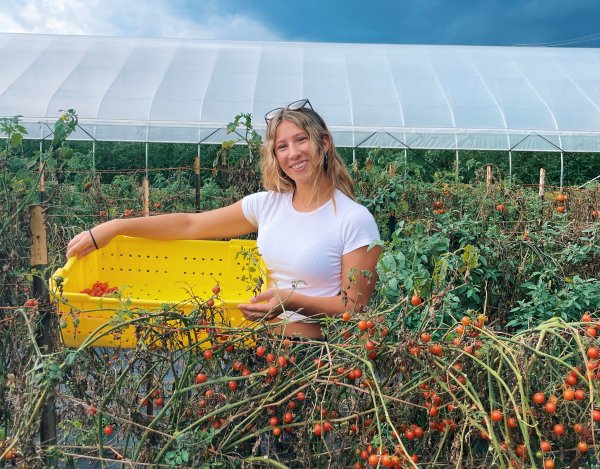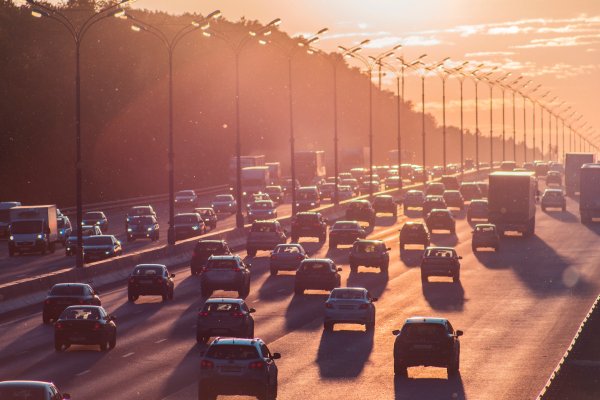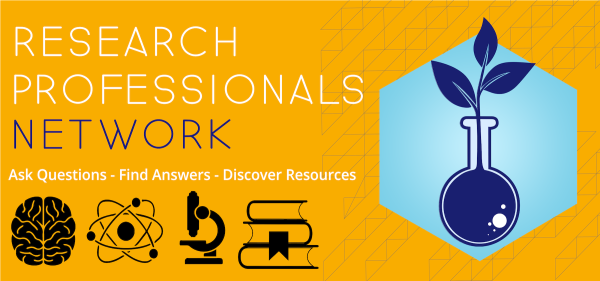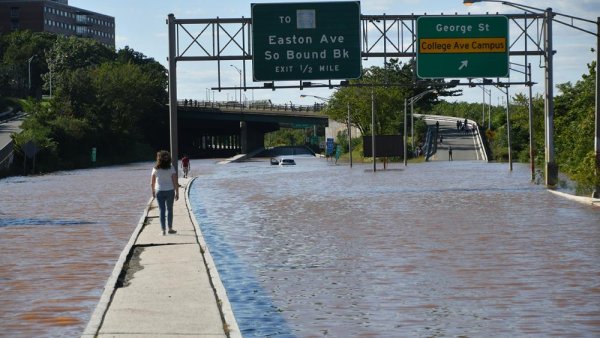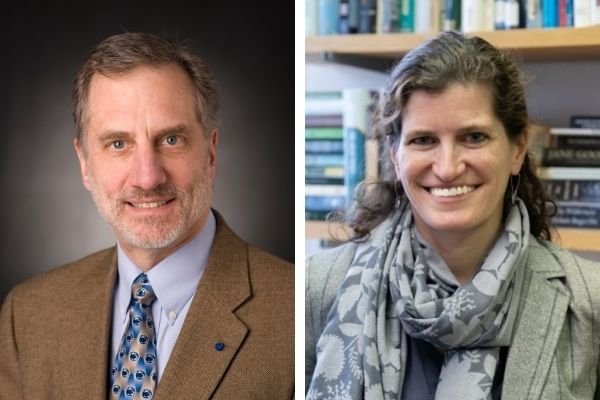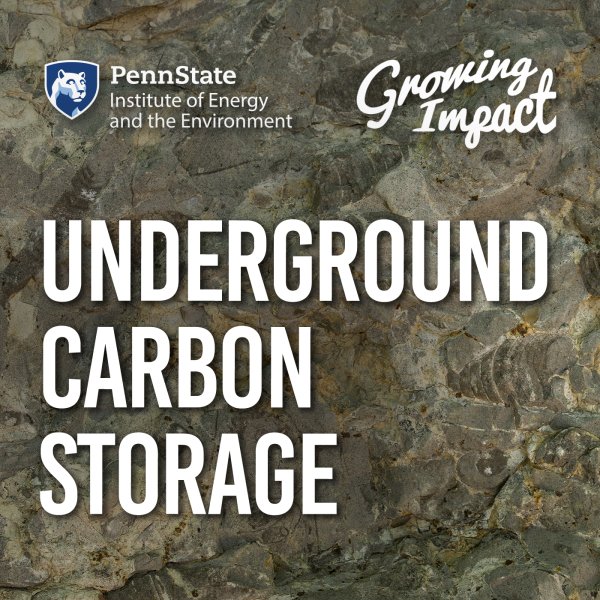Student Farm at Penn State hosts 6th annual Harvest Festival celebration
| news.psu.edu
The Dr. Keiko Miwa Ross Student Farm at Penn State will once again be welcoming the campus and community to the farm for its 6th annual Harvest Festival. The event will take place from 5 to 7 p.m. Oct. 7.
EarthTalks to discuss 2019-20 Australian bushfire crisis
| psu.edu
David Bowman, professor of pyrogeography and fire science at the University of Tasmania, will deliver a talk titled "Viewing the 2019-2020 Australian bushfire crisis through a pyrogeographic lens" at 4 p.m. on Monday, Oct. 4. The talk, which is free and open to the public, will take place via Zoom.
Late Pleistocene humans may have hatched and raised cassowary chicks
| psu.edu
As early as 18,000 years ago, humans in New Guinea may have collected cassowary eggs near maturity and then raised the birds to adulthood, according to an international team of scientists.
Mitigating carbon may have unintended consequences
| psu.edu
Controlling carbon release into the atmosphere will reduce carbon dioxide and slow global warming, but could there be unintended consequences for human health? Now, though a three-year, $400,000 grant from the National Science Foundation, researchers will investigate potential positives and negatives of decarbonization.
Penn State to play key role in Mid-Atlantic NSF I-Corps Hub
| news.psu.edu
The National Science Foundation has awarded Penn State $1.5 million as one of eight universities selected to participate in the Mid-Atlantic NSF I-Corps Hub, led by the University of Maryland. This funding will enable Penn State to expand entrepreneurial training to academic researchers in science and engineering to foster and maintain U.S. global leadership in innovation.
Preparing for more extensive and frequent floods makes sense
| by Courtney Cooper, Cassandra LC Troy
As global temperatures rise, the implications of climate change are unfolding quickly. Political, cultural, economic, social, and psychological factors influence societal views about climate change adaptation. Although ignoring the implications of a changing climate can seem easier in the short run, avoidance will be costly in the long run. Ignoring the issue is especially problematic in areas with forecasts for more extensive and frequent floods.
Long power outages after disasters aren't inevitable – but to avoid them, utilities need to think differently
| theconversation.com
Building even more power poles and transmission lines won’t avert outages when major disasters strike.
College of Ag Sciences senior finds path in environmental academics and action
| news.psu.edu
Penn State senior Elka Hoelsken is exploring environmental and natural resource issues as a student in the Environmental Resource Management program.
Ride-hailing services may not always increase traffic congestion, study finds
| news.psu.edu
Ride-hailing services, like Uber and Lyft, are lauded by some for their ability to decrease traffic congestion. Yet, others claim that ride-hailing services increase traffic congestion. A recent study by researchers at Penn State and Boston University analyzed traffic data from across California and found that whether ride-hailing services increase or decrease traffic congestion depends on a variety of factors, including the day of the week and whether the region previously had high public-transportation use.
Program to enhance inclusion and belonging for Penn State STEM professionals
| news.psu.edu
An innovative program to help increase inclusion among underrepresented groups within STEM professions recently received a grant from Penn State’s Office of Educational Equity. The program, known as the Research Professionals Network, or ResearchPros, seeks to bridge communications and strengthen connections between IT and research staff through a community of practice model.
$2 million grant awarded for climate-adaptive infrastructure design
| news.psu.edu
Researchers from Penn State and the University of Pittsburgh were awarded a $2 million grant from the National Science Foundation to develop a new approach to infrastructure design that uses climate projection models and artificial intelligence to evaluate the likely long-term economic and environmental impacts of infrastructure design choices.
How Penn State is addressing climate change on WPSU’s ‘Digging Deeper’ Sept. 26
| psu.edu
The ways Penn State is addressing global climate change will be discussed during the eighth season premiere of President Eric Barron’s monthly WPSU show, “Digging Deeper,” on Sunday, Sept. 26.

